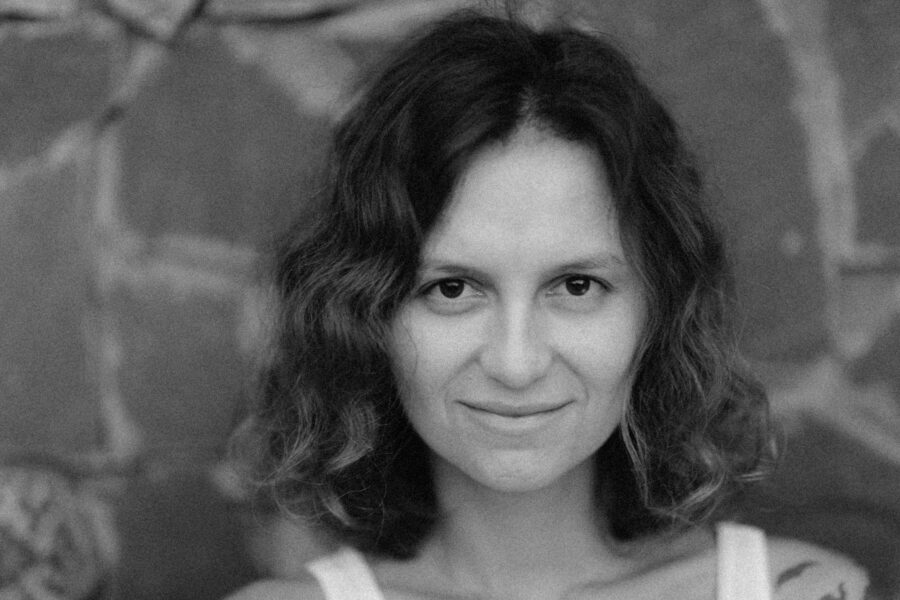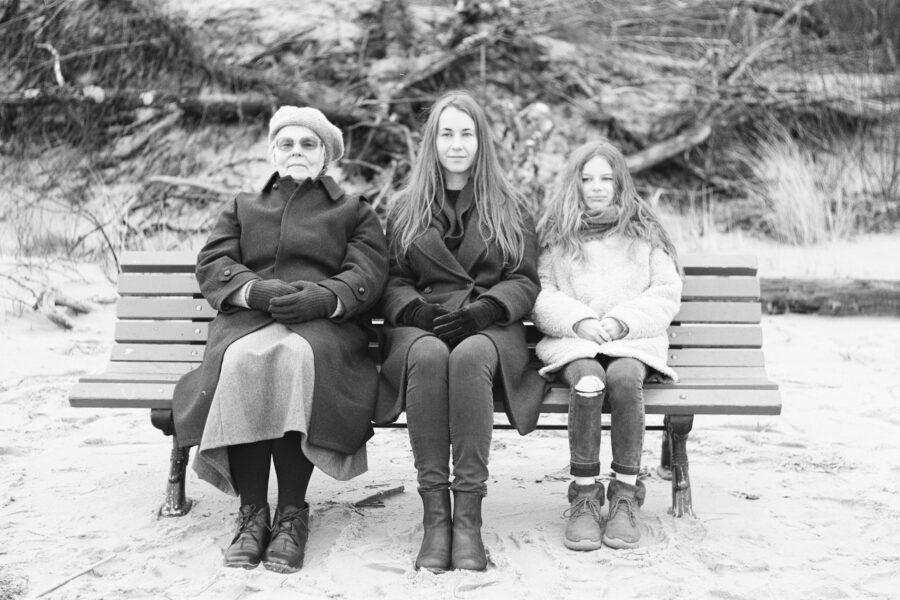Not that long ago, talking openly about mental health felt like walking through a minefield.

You either kept quiet or you wrapped your words in humour, hoping no one noticed you weren’t really okay. Even when the conversation started to shift, it was still largely something people tiptoed around. But then the pandemic happened, and everything got stripped back. Suddenly, the masks we wore weren’t just physical ones—they were emotional too, and a lot of them came off.
Living through a global crisis changed us in ways we’re still working out, but one thing’s clear: the way we think and talk about mental health is no longer the same. And in many ways, that’s a good thing.
We finally stopped pretending everything was fine.
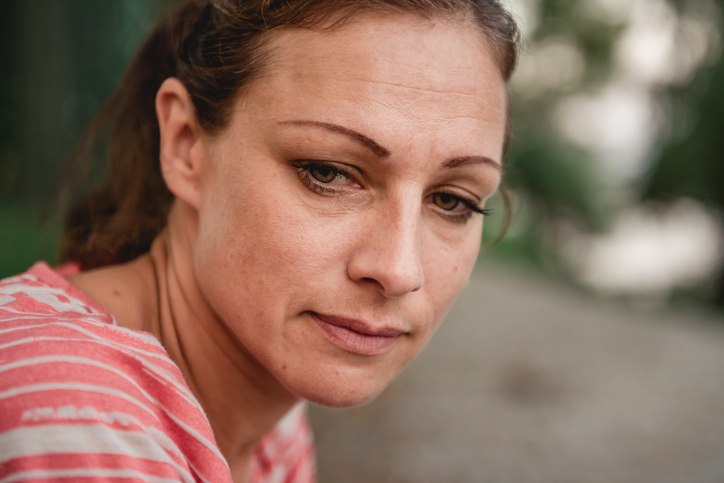
Before the pandemic, many people were just about keeping their heads above water. But when COVID-19 hit, the distractions disappeared. Commutes stopped. Social plans vanished. And we were left alone with our thoughts in a way we hadn’t been for years. For some, that meant facing up to anxiety or low mood they’d been pushing aside. For other people, it meant dealing with the sudden arrival of those things for the first time.
In April 2020, shortly after the UK’s first lockdown, the number of people experiencing clinically significant mental health issues jumped to 27.3%, up from 18.9% in 2018–2019, according to data published in The Lancet. The pandemic gave people permission to admit they weren’t doing well. Saying “I’m struggling” became not just acceptable, but expected. When the world turned upside down, there wasn’t much point in pretending it hadn’t.
Mental health became part of everyday conversations.
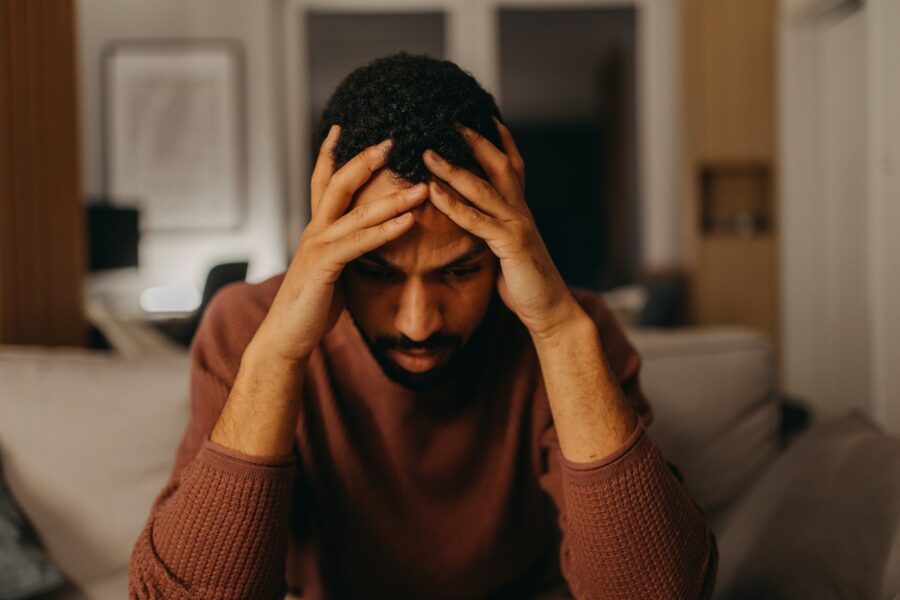
Suddenly, mental health was everywhere—in the news, on social media, in group chats and Zoom calls. It wasn’t just something discussed behind closed doors anymore. You’d hear people saying things like, “I’ve had a really anxious week,” or “My mood’s been up and down,” like they were talking about the weather. And while that might sound trivial, it was actually a huge shift.
That kind of openness helped chip away at the old shame people used to carry. The idea that you had to be ‘strong’ or ‘positive’ at all times started to fall apart, and in its place came something more honest. We weren’t just talking about mental health; we were finally normalising it.
People started checking in with each other more.

There was something quite raw about those early lockdown days. People you hadn’t spoken to in years were suddenly messaging to ask how you were doing. Flatmates were actually sitting down to talk. Even work meetings began with a quick “How’s everyone holding up?” that didn’t feel like small talk anymore.
A lot of people realised, maybe for the first time, how much it matters to feel heard. And while not all of that carried on once things opened up again, the shift was there. It became more normal to ask real questions and expect honest answers.
Therapy stopped being a last resort.
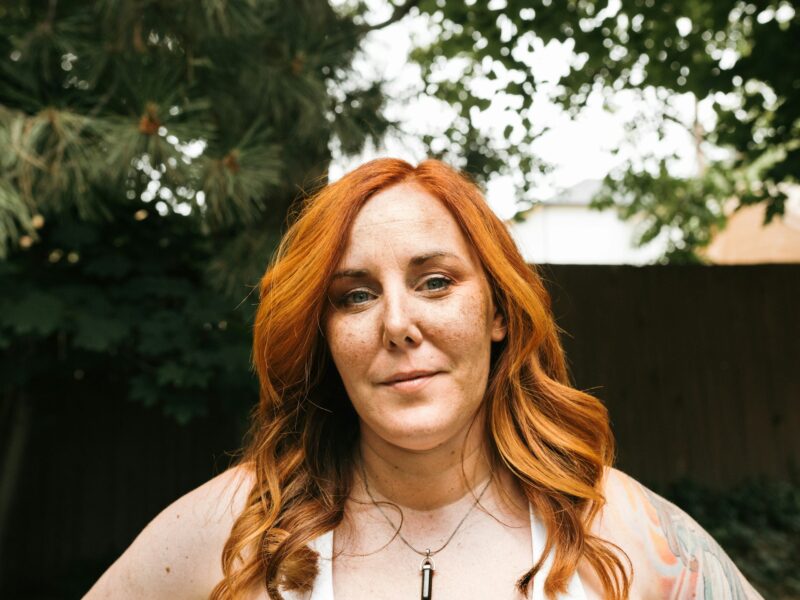
Before 2020, therapy still carried a bit of a stigma for many. It was something you’d only do if you were ‘in crisis’, or couldn’t cope anymore. But once lockdown hit and emotions started piling up, more people started looking for help, not because they were falling apart, but because they wanted someone to talk to who could help them make sense of it all. For example, according to the BMA, mental health services in England received a record 5 million referrals in 2023 — a 33% increase from 2019.
The rise of online therapy made things even more accessible. Suddenly, you didn’t need to take a train across town or sit awkwardly in a waiting room. You could just open your laptop and talk to someone from your own sofa. That changed the game for a lot of people, especially those who never felt like traditional therapy spaces were for them.
We got better at naming what we were feeling.

One unexpected thing that came out of all this is how much better we got at understanding ourselves. Whether it was learning about health anxiety, burnout, or just recognising the signs of low mood, a lot of people started paying more attention to their mental state, and giving it proper language.
Instead of saying, “I’m just tired,” people began to say, “I think I’m overwhelmed.” Instead of brushing things off, they started sitting with them and asking what was really going on. That kind of emotional vocabulary makes a real difference; it’s harder to ignore something once you know what to call it.
Workplaces had to start caring more, or at least pretending to.

The pandemic forced employers to acknowledge that mental health matters. For a while, everyone was working from home in their pyjamas, pretending to be okay on Teams calls while juggling homeschooling, financial worries, and that creeping dread of yet another press conference. Burnout became a buzzword, but behind it was something very real.
Some companies genuinely tried to support their staff, with mental health days, check-ins, or extra flexibility. Others stuck a few wellbeing PDFs on the intranet and hoped for the best. Either way, the expectation changed. People now want more from their jobs than a pay cheque. They want a workplace where they feel supported, and many aren’t afraid to walk away if they don’t get it.
We saw who had it harder, and started talking about it.

While the pandemic was tough for nearly everyone, it wasn’t tough in the same way. Some had gardens and savings and stable jobs; others were crammed into flats, worried about money, or caring for someone vulnerable. And people with pre-existing mental health struggles found themselves pushed even further to the edge.
This widened the conversation. People started talking more about inequality, about how mental health support needs to take real life into account—race, class, disability, housing, all of it. And while there’s still a long way to go, there’s now a stronger awareness that mental health care can’t be one-size-fits-all.
Loneliness became something we talked about openly.
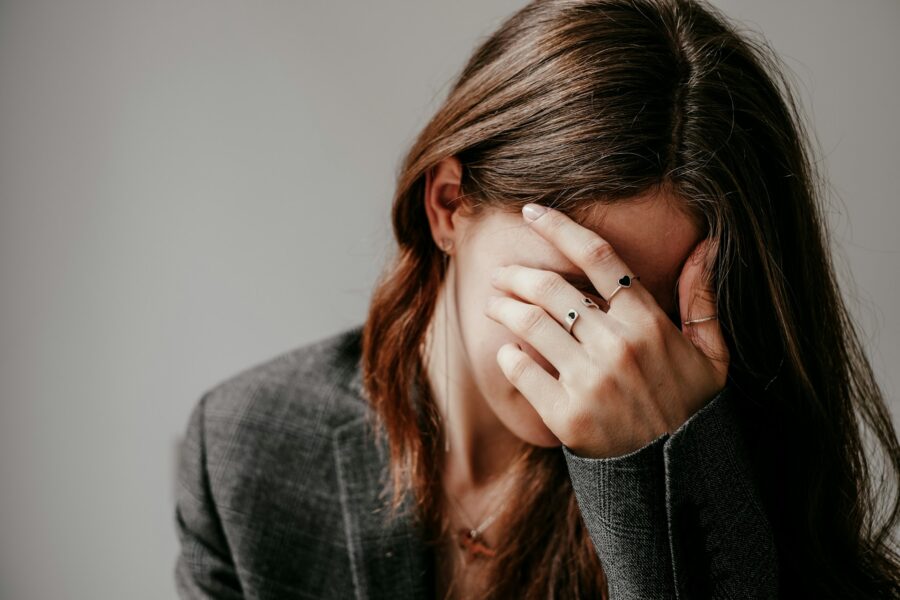
Loneliness used to be something people felt embarrassed to admit. But lockdown made it universal. People who’d never spent a night in alone suddenly found themselves isolated for weeks. The silence, for many, was deafening. Per the Office for National Statistics, between October 2020 and February 2021, around 3.7 million UK adults reported feeling lonely ‘often’ or ‘always’, up from 2.6 million earlier in the pandemic.
That shared experience helped remove some of the shame. Loneliness became something you could say out loud—not as a failure, but as something human. And for those who’d been lonely long before the pandemic, it felt like people finally understood what they’d been living with all along.
We realised that doing nothing is sometimes what we need most.
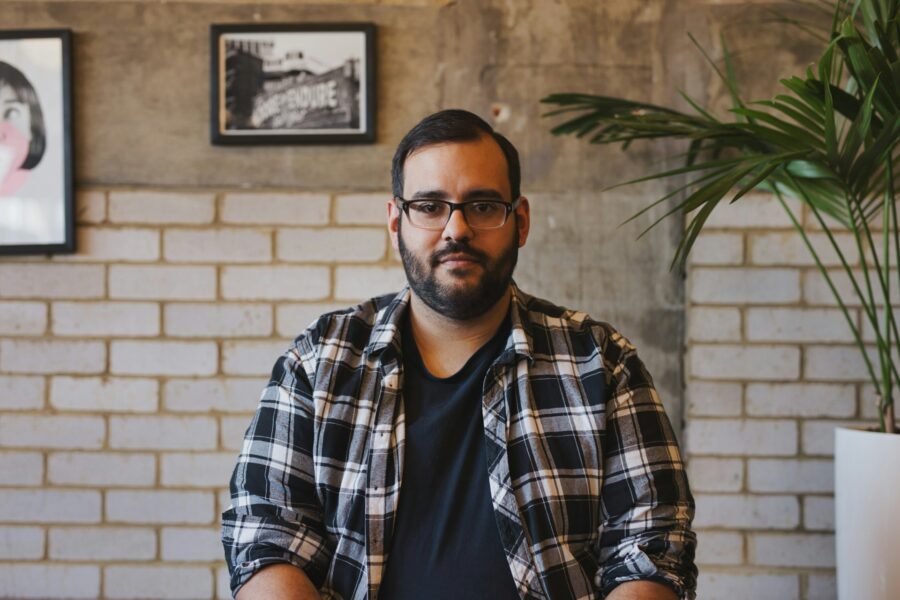
When the world stopped, so did the pressure to be constantly productive. At least for a little while. There was something oddly comforting about banana bread, Netflix marathons, and pyjamas at noon. People began to question the hustle, the pressure to fill every moment with tasks and goals.
That pause gave some people space to breathe, and in doing so, they realised just how stretched they’d been. Rest stopped being a luxury and started being seen as necessary. And for those who’d always tied their worth to output, that was a lesson they weren’t expecting, but probably needed.
We saw that anyone can struggle, even the people who seem fine.
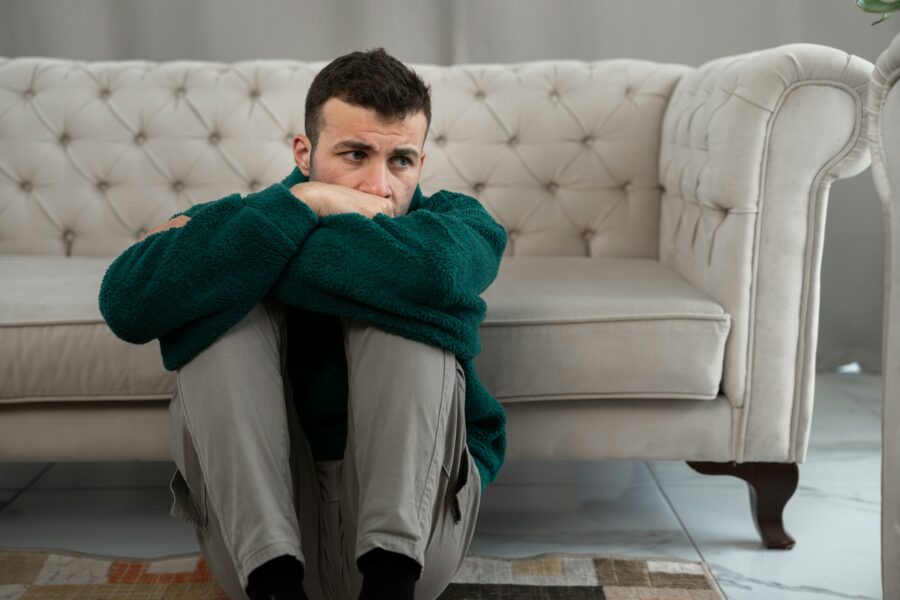
One of the biggest wake-up calls during the pandemic was realising how many people were privately having a tough time. People who seemed put-together. People who were always making jokes. People who were holding everything up for everyone else.
It drove home something that should’ve been obvious: you can’t always tell what someone’s going through just by looking. And because of that, a bit more empathy started creeping in. People became more likely to check in, to cut someone some slack, to ask twice instead of assuming once was enough.
Where we are now

We’re not through it, not really. The pandemic might not dominate headlines the way it once did, but its impact is still very much with us, especially when it comes to mental health. People are tired in a way that goes beyond sleep. There’s a sense of emotional hangover that hasn’t quite worn off.
However, things have changed. People talk more. They check in more. They admit when they’re not okay without whispering. There’s still plenty to fix—waiting lists are too long, support is patchy, and stigma hasn’t vanished, but we’re not where we were. And that counts for something.
The pandemic didn’t suddenly make mental health important; it just made it impossible to ignore. And now that it’s out in the open, maybe it’ll stay there. Not as a trend or a crisis, but as something real that deserves time, care, and honesty.

